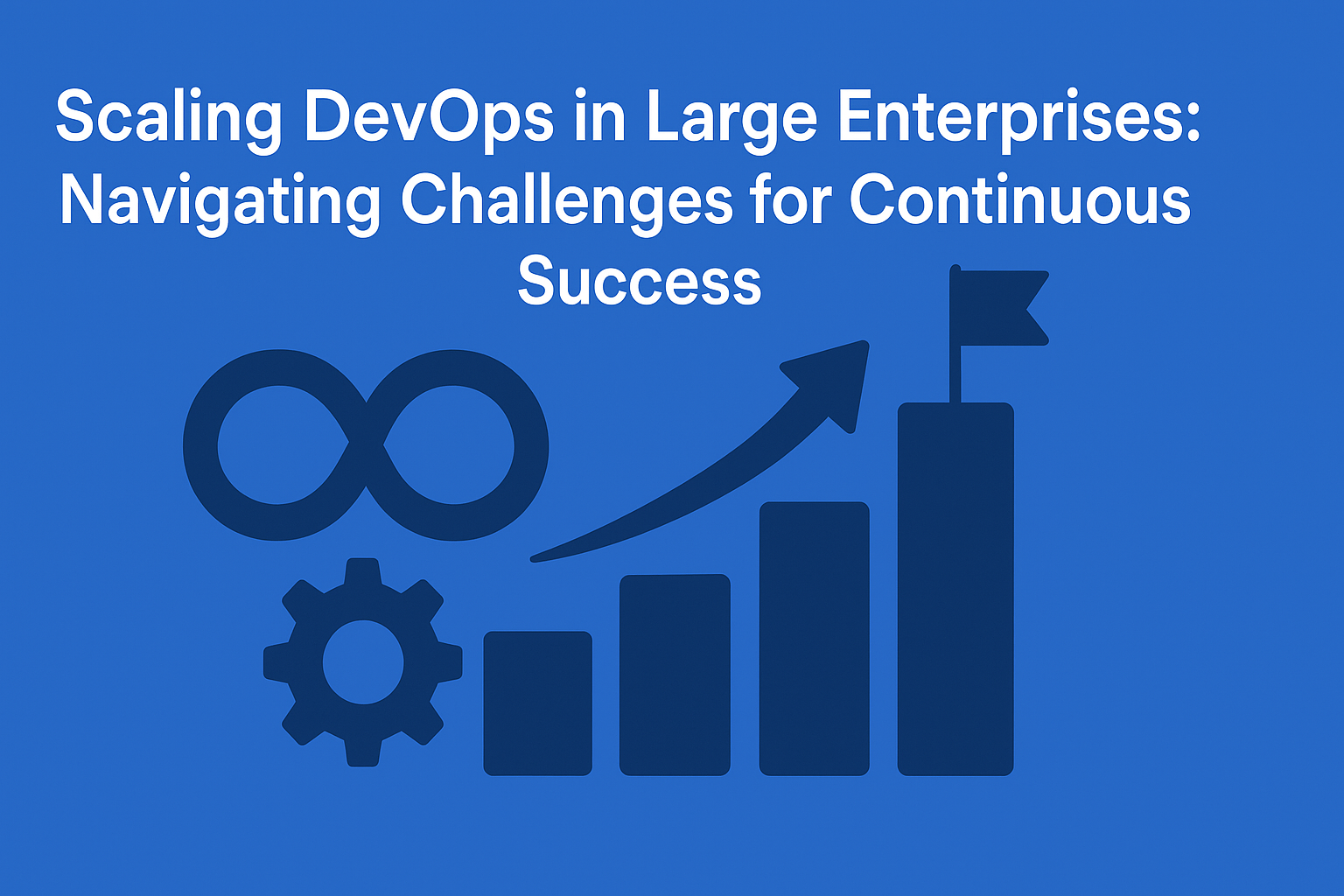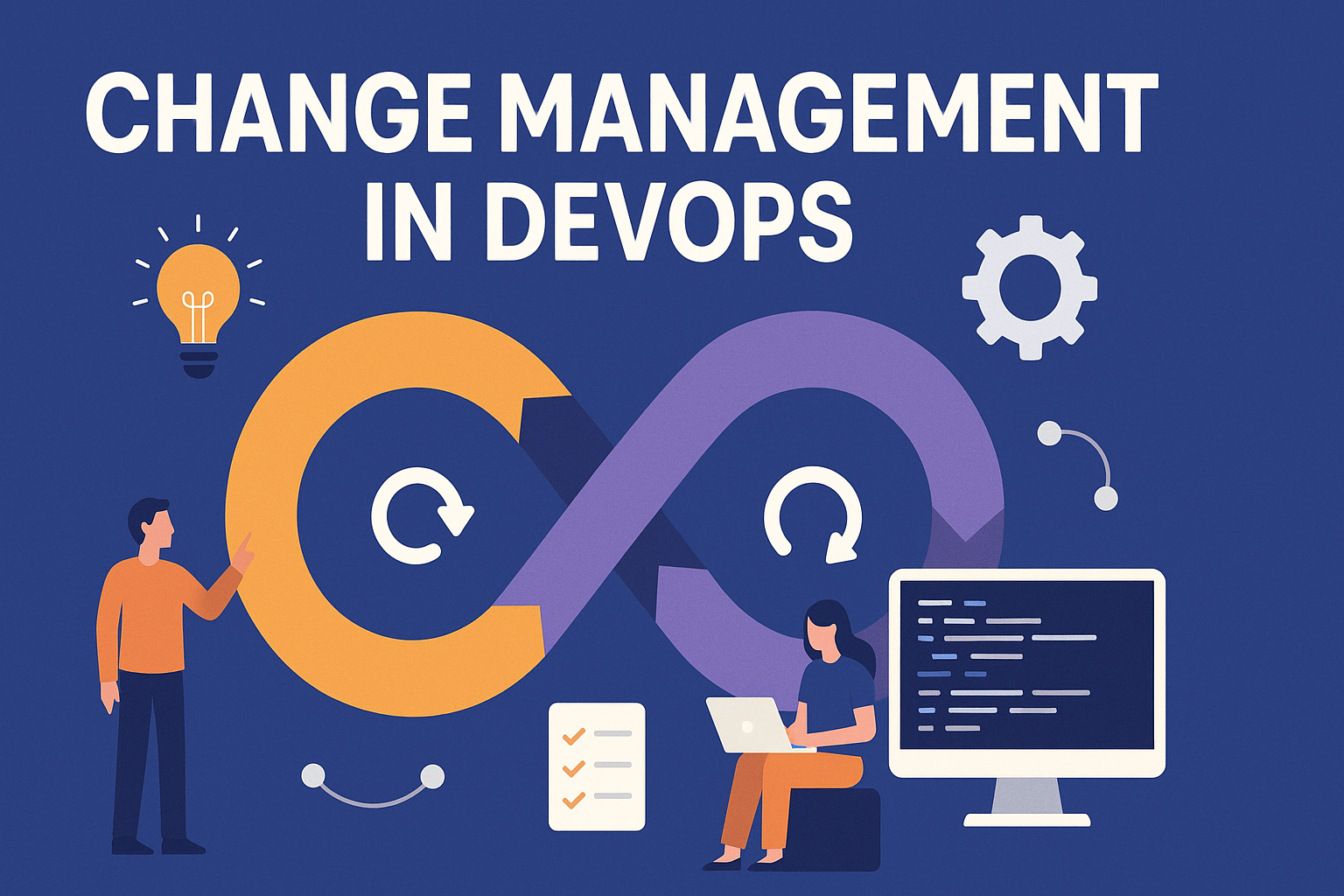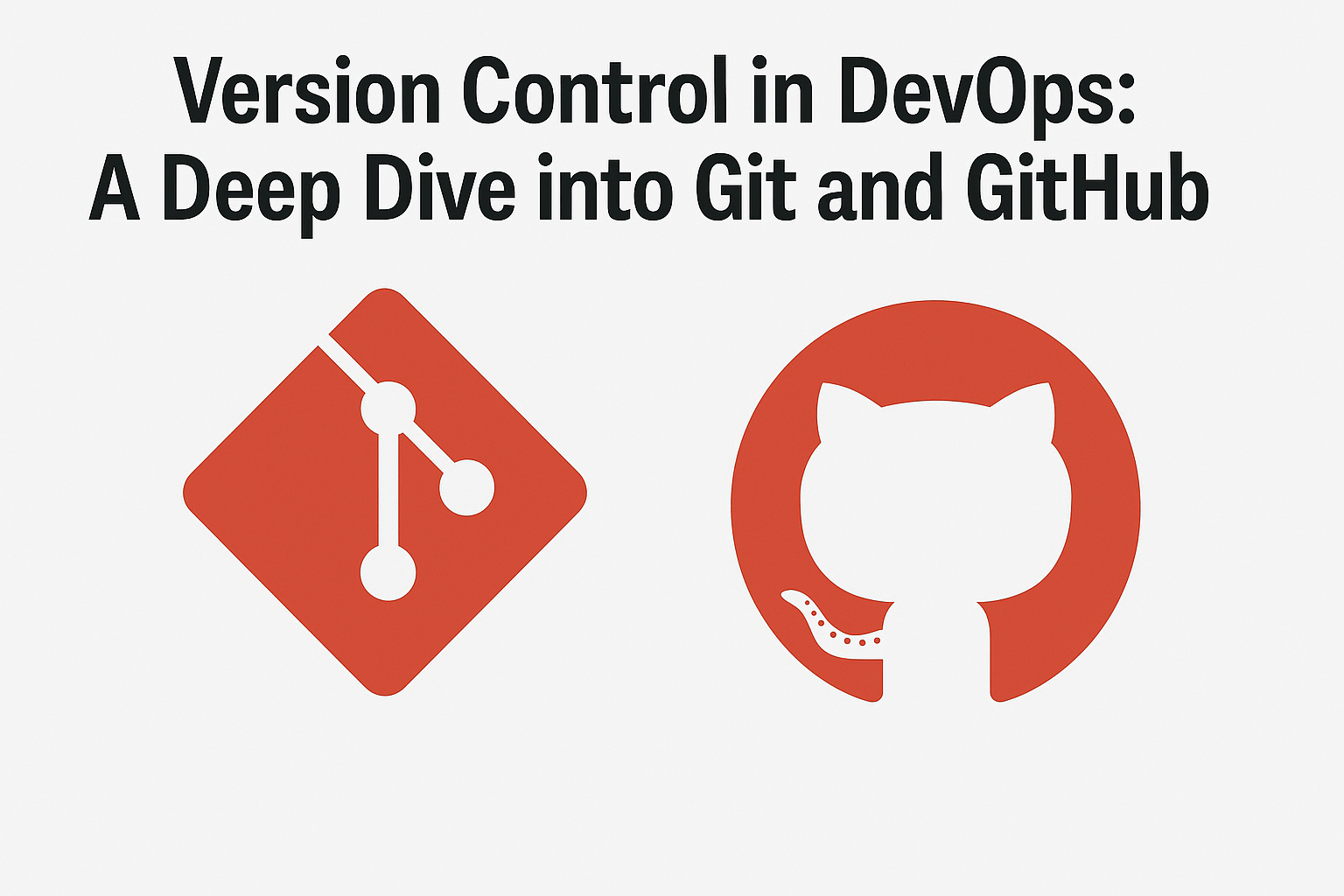Unveiling the Tapestry of Intelligence: Humans vs AI
Mon, 19 May 2025

Follow the stories of academics and their research expeditions

In today's fast-paced digital landscape, large enterprises are increasingly turning to DevOps practices to streamline their software development and IT operations. DevOps, a portmanteau of Development and Operations, emphasizes collaboration, automation, and continuous improvement to deliver high-quality software at a faster pace. While many organizations have successfully adopted DevOps at a smaller scale, scaling these practices in large enterprises comes with its own set of challenges and complexities. In this blog post, we will explore the key considerations and strategies for scaling DevOps in large enterprises.
DevOps is not just a set of tools; it's a cultural shift that encourages collaboration and communication between development and operations teams. Large enterprises often have complex organizational structures, with separate teams handling various aspects of the software development lifecycle. Scaling DevOps requires breaking down silos and fostering a culture of shared responsibility and continuous learning.
1. Cultural Resistance Large enterprises may have established workflows and a rigid organizational culture. Convincing teams to embrace DevOps principles can be met with resistance. Effective communication and a top-down approach from leadership are crucial to overcoming cultural challenges.
2. Toolchain Integration As DevOps expands, so does the toolchain. Large enterprises may already have a mix of legacy and modern tools. Integrating these tools seamlessly to support end-to-end automation is a significant challenge. Compatibility, interoperability, and standardization are key considerations.
3. Scalability DevOps practices that work well in smaller teams may not scale seamlessly to larger organizations. Ensuring that processes and automation can handle the increased complexity and volume of a large enterprise is essential.
4. Security and Compliance Enterprises, especially in regulated industries, must navigate stringent security and compliance requirements. Integrating security into the DevOps pipeline and ensuring compliance without slowing down the development cycle is a delicate balance.
1. Start Small, Scale Incrementally Begin with a pilot project or a specific business unit to demonstrate the value of DevOps. As success is achieved, gradually scale the practices across the organization.
2. Automation at Every Stage Automation is at the heart of DevOps. Automate repetitive tasks, testing, deployment, and infrastructure provisioning to increase efficiency and reduce manual errors.
3. Standardize and Containerize Standardize development environments and containerize applications using technologies like Docker and Kubernetes. This ensures consistency across different stages of the development lifecycle.
4. Invest in Training and Upskilling Provide continuous training and upskilling opportunities for teams to adapt to new DevOps practices. Encourage a culture of learning and experimentation.
5. Collaboration and Communication Foster collaboration between development, operations, and other relevant teams. Use tools and practices that facilitate transparent communication and information sharing.
6. Measure and Optimize Implement metrics and key performance indicators (KPIs) to measure the success of DevOps practices. Use this data to identify bottlenecks and continuously optimize processes.
Conclusion:
Scaling DevOps in large enterprises is a complex but necessary journey to stay competitive in the digital age. By addressing cultural barriers, embracing automation, and implementing incremental changes, organizations can successfully integrate DevOps principles into their workflows. As technology continues to evolve, large enterprises must adapt and prioritize a DevOps mindset to drive innovation, enhance collaboration, and deliver value to their customers at an accelerated pace.
Mon, 19 May 2025

Fri, 16 May 2025

Fri, 16 May 2025

Leave a comment